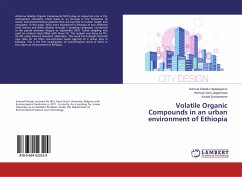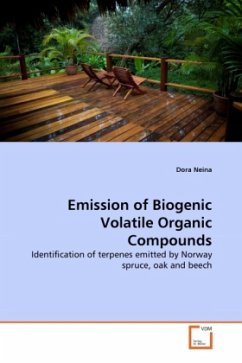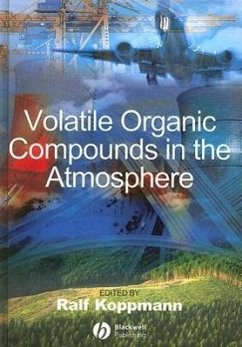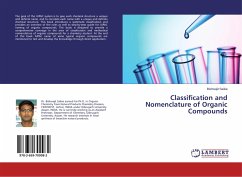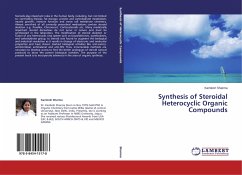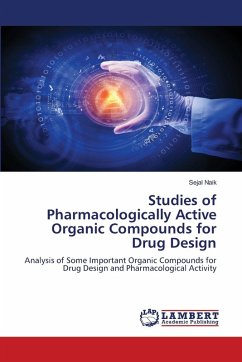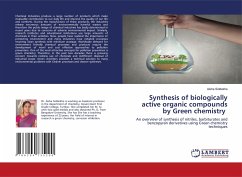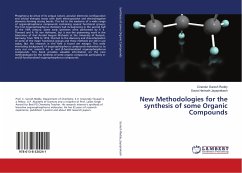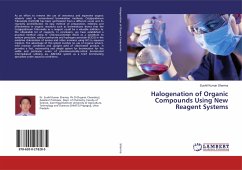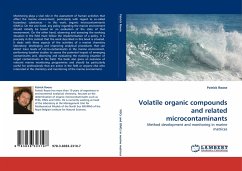
Volatile organic compounds and related microcontaminants
Method development and monitoring in marine matrices
Versandkostenfrei!
Versandfertig in 6-10 Tagen
52,99 €
inkl. MwSt.

PAYBACK Punkte
26 °P sammeln!
Monitoring plays a vital role in the assessment of human activities that affect the marine environment, particularly with regard to so-called hazardous substances in this work, organic microcontaminants (OMCs). On the one hand, any policy regarding the marine environment should initially be based on an evaluation of the state of that environment. On the other hand, observing and assessing the evolving situation in the field must follow the implementation of a policy. It is precisely in this context that the work described in this book is situated. It deals with three aspects of the activities ...
Monitoring plays a vital role in the assessment of human activities that affect the marine environment, particularly with regard to so-called hazardous substances in this work, organic microcontaminants (OMCs). On the one hand, any policy regarding the marine environment should initially be based on an evaluation of the state of that environment. On the other hand, observing and assessing the evolving situation in the field must follow the implementation of a policy. It is precisely in this context that the work described in this book is situated. It deals with three aspects of the activities of a marine chemistry laboratory: developing and improving analytical procedures that can detect trace levels of micro-contaminants in the marine environment, performing baseline studies to assess the potential impact of emerging contaminants and, observing and evaluating the evolving situation of target contaminants in the field. The book also gives an overview of relevant marine monitoring programmes and should be particularly useful for professionals that are active in the field or anyone else who interested in the chemistry and monitoring of the marine environment.



